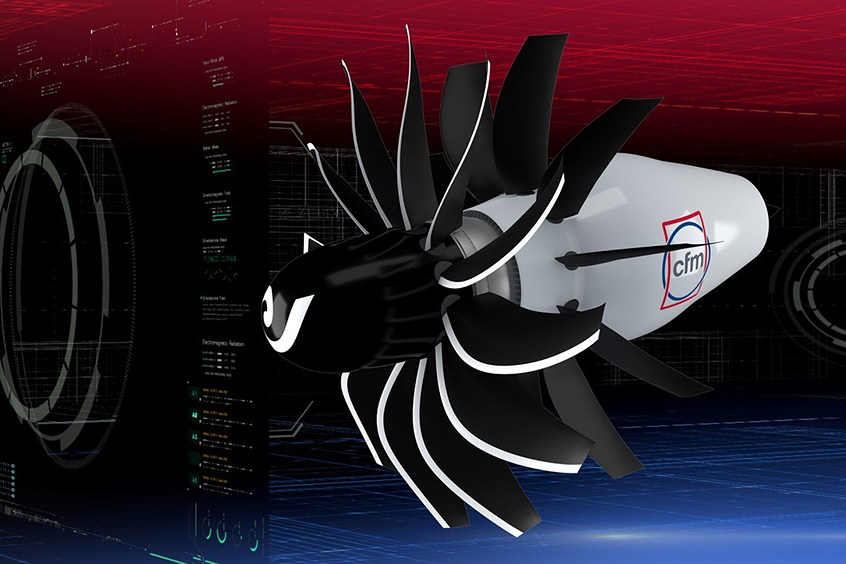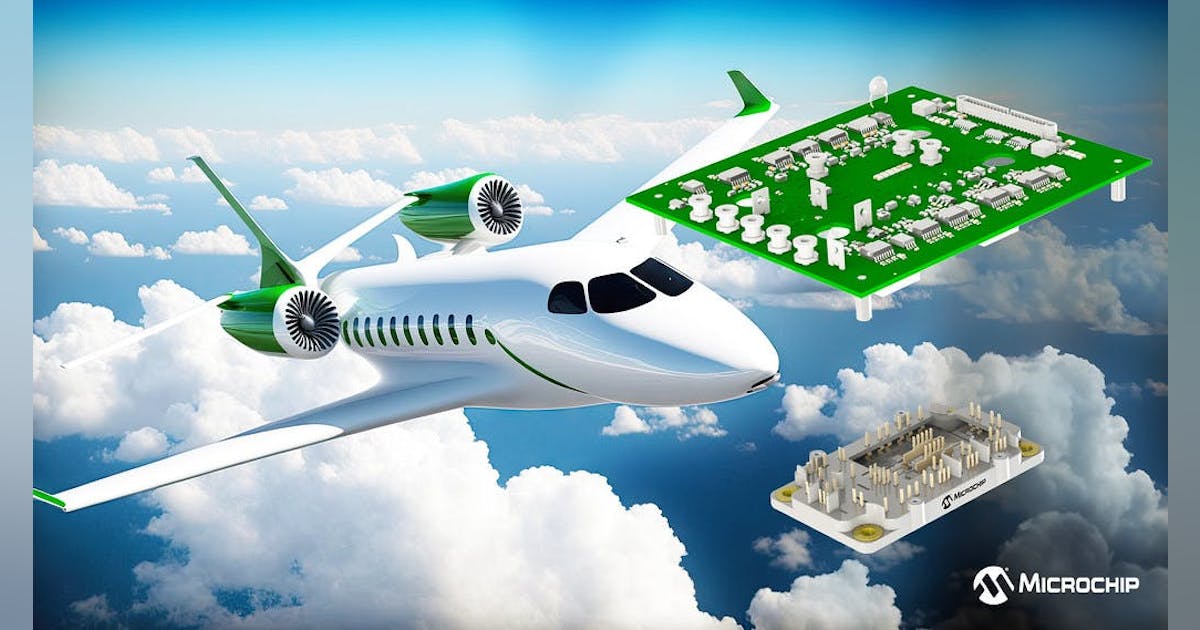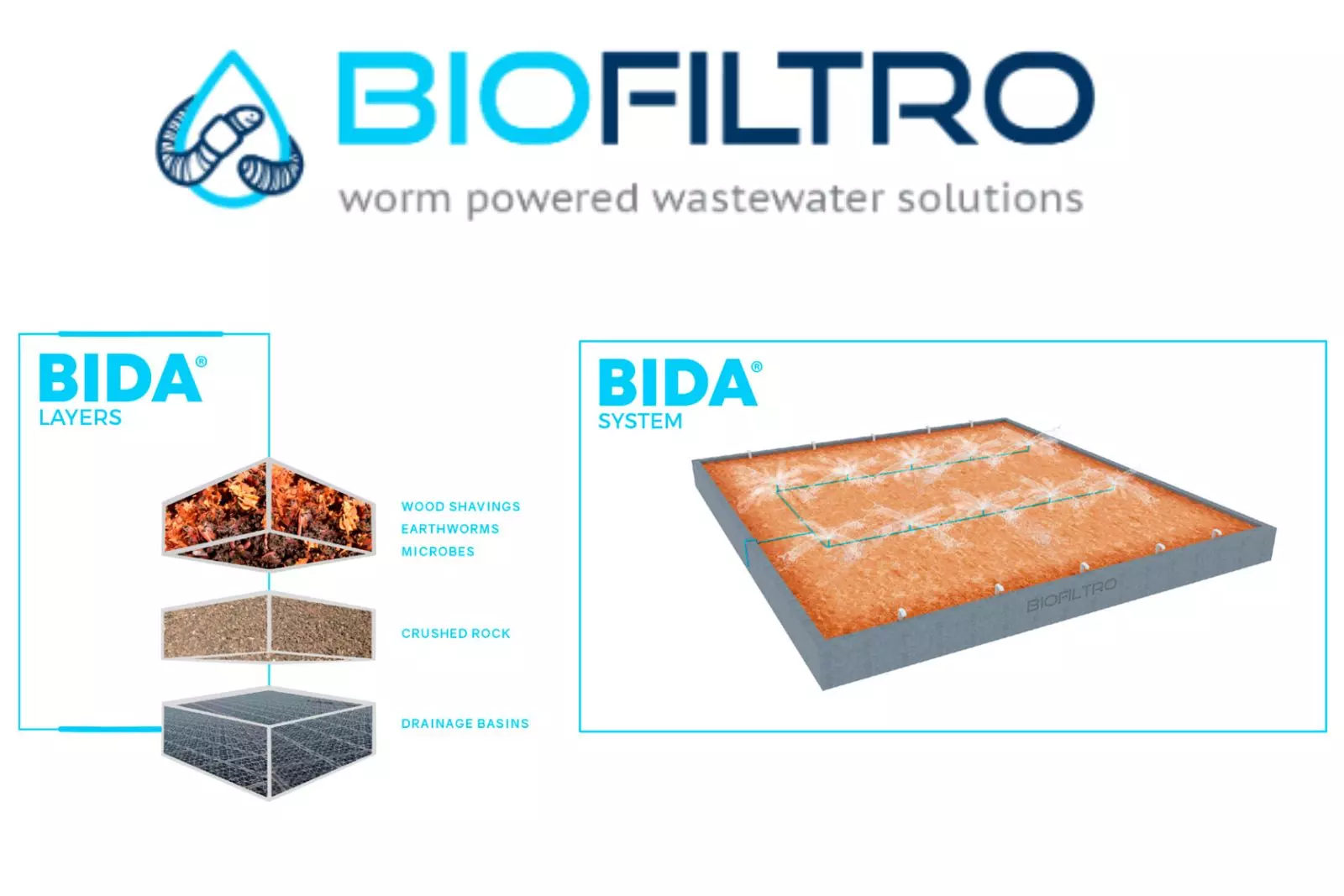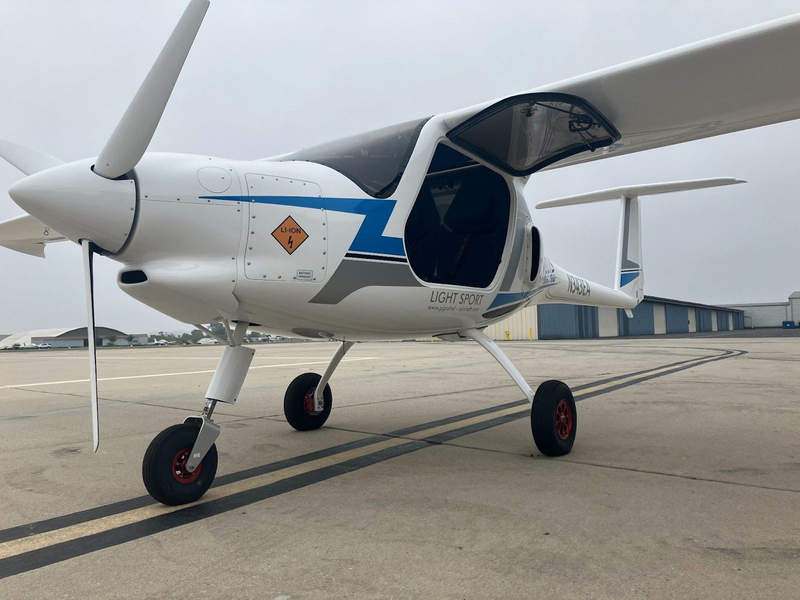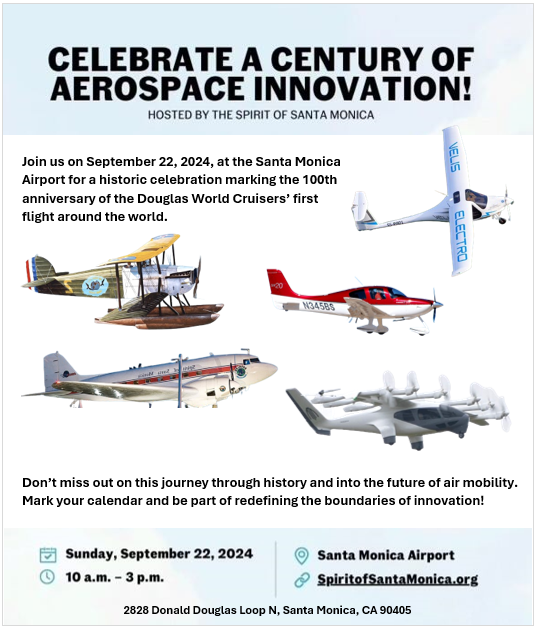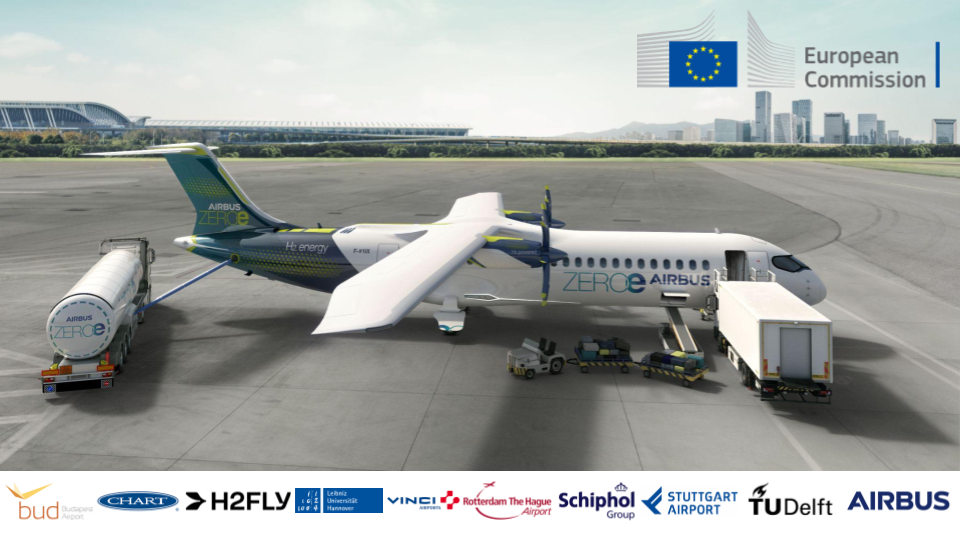
TU Delft is one of the academic partners in an innovative aviation hydrogen handling and refuelling project, led by Airbus and supported by academic partners, airport operators and leading hydrogen-industry companies that was launched on 16 May in Brussels. The project, co-funded by the European Union, has been launched to demonstrate small-scale liquid hydrogen aircraft ground operations at three European airports, including Rotterdam The Hague Airport.
The urge to decarbonise our economy and to develop Europe’s energy independence is leading to a major trend of hydrogen for mobility and stationary applications. Hydrogen will also be a solution to decarbonise short- and medium-haul aviation and will be crucial for the advancement of low-carbon aviation operations.
The GOLIAT (Ground Operations of LIquid hydrogen AircrafT) project* will receive funding of €10.8 million from the EU’s Horizon Europe Framework Programme, over a duration of four years, and will demonstrate how high-flow liquid hydrogen (LH2) handling and refuelling technologies can be developed and used safely and reliably for airport operations.
The GOLIAT consortium consists of 10 partners from eight countries: Airbus (France, Germany, UK), Chart Industries (Czech Republic, Italy), TU Delft (Netherlands), Leibniz University Hannover (Germany), Royal Schiphol Group (Netherlands), Rotterdam The Hague Airport (Netherlands), Vinci Airports (France, Portugal), Stuttgart Airport (Germany), H2FLY (Germany), and Budapest Airport (Hungary).
The urge to decarbonise our economy and to develop Europe’s energy independence is leading to a major trend of hydrogen for mobility and stationary applications. Hydrogen will also be a solution to decarbonise short- and medium-haul aviation and will be crucial for the advancement of low-carbon aviation operations.
The GOLIAT (Ground Operations of LIquid hydrogen AircrafT) project* will receive funding of €10.8 million from the EU’s Horizon Europe Framework Programme, over a duration of four years, and will demonstrate how high-flow liquid hydrogen (LH2) handling and refuelling technologies can be developed and used safely and reliably for airport operations.
The GOLIAT consortium consists of 10 partners from eight countries: Airbus (France, Germany, UK), Chart Industries (Czech Republic, Italy), TU Delft (Netherlands), Leibniz University Hannover (Germany), Royal Schiphol Group (Netherlands), Rotterdam The Hague Airport (Netherlands), Vinci Airports (France, Portugal), Stuttgart Airport (Germany), H2FLY (Germany), and Budapest Airport (Hungary).





